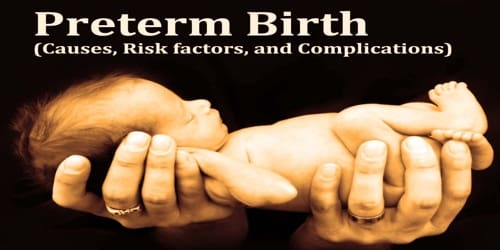At the turn of the century, Charles Vance Millar, a distinguished lawyer in Toronto, Canada, was known as a quiet but all-around lovely person. That reputation would taint when he became famous for causing birth boom years after his death. Millar gained an even greater fortune through his brewery and many racehorses he owned after making a fortune as a lawyer. He was kind with it, donating prizes from his horses to children’s hospitals, but he had much too much money, according to his own admission.
He made the decision to leave “evidence of my stupidity in accumulating and retaining more than I required in my lifetime” since he had no dependents. In essence, he determined that his legacy would be to annoy people in ways that demonstrated how ridiculous it was to have so much money.
He bequeathed his house in Jamaica to three attorneys who loathed each other on the condition that they split it when he died in 1926. He provided rich interests in his jockey club to ardent opponents of gambling, and a group of prohibitionist Protestant preacher’s lucrative shares in his brewery, probably to make them hypocrites if they took the wealth.
However, it was the competitive aspect of his will that made him renowned and had everyone pounding his or her chests around the clock. He planned to gift the balance of his vast fortune to the Toronto woman who had given birth to the most children in the ten years after his death.
His heart attack on Halloween, 1926, served as a starting gun, signaling that it was time to start fornicating. The tale went viral in Canada’s media, and the competition quickly had much more applicants than it could reasonably handle. People were having people, complete with all of their normal needs and desires, not because of love, but because they acted like 1/9 of a meat lotto ticket.
The tournament was dubbed “The Great Stork Derby,” which sounded a lot healthier than the actual quantity of ejaculating involved. Millar miscalculated impoverished and desperate people were at the time and would be when the Great Depression began, despite the fact that he may have been making an (esoteric) point about contraception.
People who were already trying to raise one or two children decided it would be a good idea to have seven or eight more to give themselves a better chance of raising the first two. Newsweek casually reported that one of the frontrunners for the prize, Lillian Kenny, had just lost a child in one especially bleak detail. According to FiveThirtyEight, her kid was murdered by rat bites because of the horrific conditions they were living in.
Over the following ten years, court battles raged to determine if the rivalry was lawful. There were concerns about whether the children’s health and wellbeing were jeopardized. Stillbirths were a point of contention among mothers. One mother was forced to give birth outside of Toronto while giving birth to one of her children, and she was not permitted to add this to the count. Meanwhile, numerous others were disqualified because their children were illegitimate or they suffered stillbirths. However, the competition was ultimately determined to be lawful, and four winners are chosen, each receiving an equal portion of the life-changing award.
















